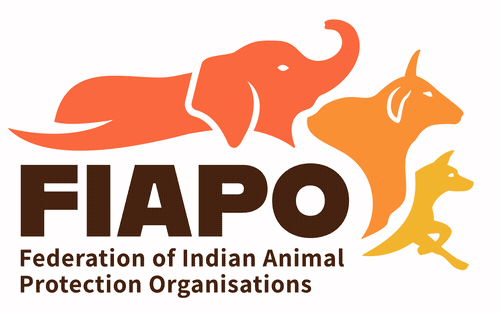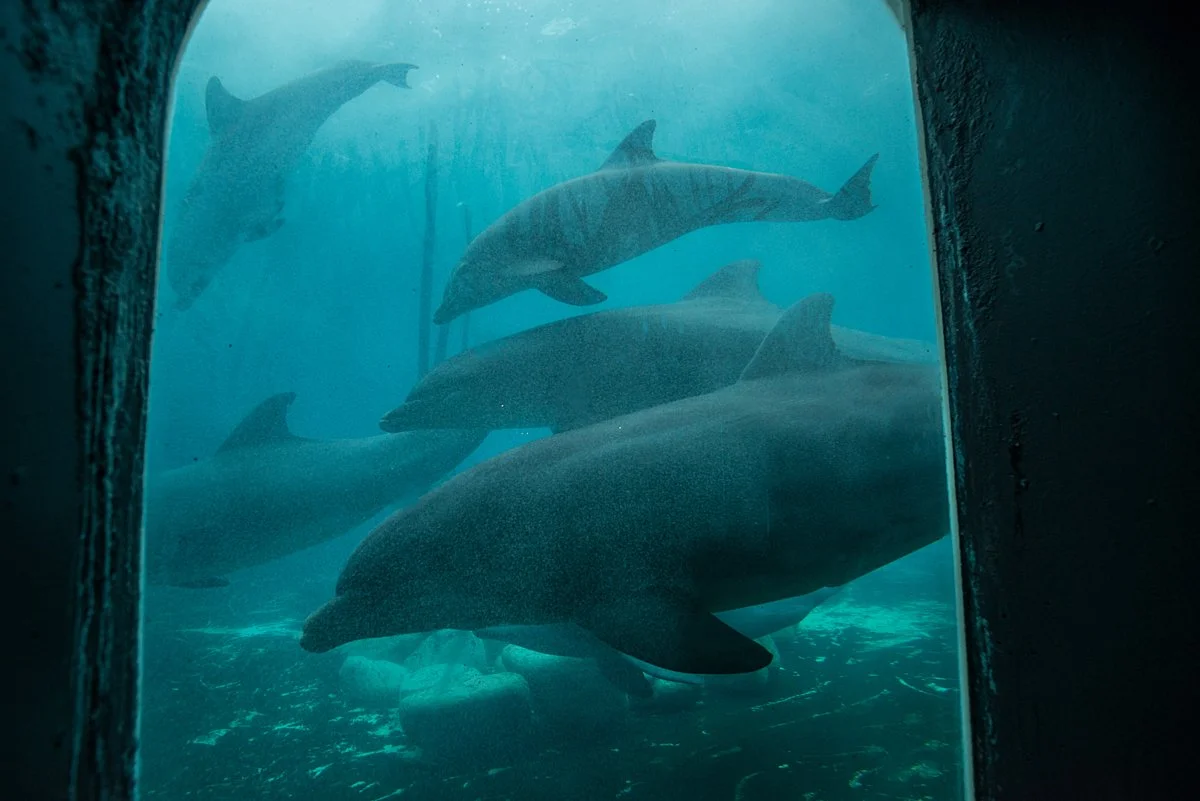
Jo-Anne McArthur / Born Free Foundation / We Animals
End Circus Suffering
Federation members mount national campaign to end use of animals in circuses
A strategic area for FIAPO is to end the use of animals in entertainment and tourism. Started in 2014, at a time when circuses could not even be tracked, the End Circus Suffering campaign worked to end this institutional cruelty.
As per the law, circuses performing with animals in India were required to be registered with the Animal Welfare Board of India (AWBI) under the Performing Animal Registration Rules, 2001, as well as with the Central Zoo Authority (CZA) under the Recognition of Zoo Rules, 2009, if performing with exotic animals.
However, most circuses in the country either did not possess the paperwork or operated in blatant violation of the conditions of registration.
In January 2015, FIAPO convened a meeting with 17 animal protection organisations to conceive the campaign to end the abuse of animals in circuses. Over the next few months, the campaign pulled together 45 organisations across 18 states. The campaign in its initial phase rescued 167 animals from 13 circuses across India. In 2022, 29 elephants rescued from circuses were rehabilitated at the Radha Krishna Temple Elephant Welfare Trust in Jamnagar. During Covid-19, the Animal Welfare Board of India was asked to inspect various circuses to ascertain the condition of animals still with circuses.
Read the report on the findings of our investigations into individual circuses.
In addition, FIAPO and member organisations lobbied the Government and local authorities, raising awareness, generating public opinion and initiating direct action.
The End Circus Suffering campaign gathered support from lawmakers, advocates and members of the entertainment industry. Actor Raveena Tandon wrote to the government to amend legislation to exclude animals from circuses. She was joined by another actor, Dia Mirza, Members of Parliament Dr Shashi Tharoor, Vinod Chavda, BC Khanduri, KC Ramamurthy, Butta Renuka and advocate Prashant Bhushan. Read their letter here.
After more than four years of efforts and work with the Ministry of Environment, Forests and Climate Change, the ministry published draft rules that, if finalised, would ban all animal circuses in India. The Rules are yet to be notified.
FIAPO is now fighting a case in Delhi High Court to secure a ban on the use of animals in circuses.
Ban Dolphin Captivity
In 2013, FIAPO achieved a historic victory for all cetaceans, particularly dolphins, through its “Ban Captive Dolphins” campaign, where the Ministry of Environment, Forests and Climate Change (MoFECC) recognised all cetaceans as nonhuman persons deeming them “extremely intelligent” with “highly developed social structures.”
The campaign “Ban Captive Dolphins” was launched in partnership with Wildlife Rescue and Rehabilitation Centre, Earth Island Institute’s Dolphin Project, Global Greengrants Fund, and the Born Free Foundation. FIAPO recognised the urgency to launch a campaign, when proposals arose to establish captive cetacean facilities in India for commercial entertainment in the states of Kerala, Maharashtra, Gujarat, Andaman and Nicobar Islands, Delhi, and Goa.
FIAPO’s interactions with the Animal Welfare Board of India (AWBI) led them to issue a statement to all state governments barring them from issuing performance certificates as required by the Prevention of Cruelty to Animals Act, 1960.
Petitioning the Central Zoo Authority (CZA) of India resulted in the CZA issuing a statement that captive dolphin facilities would be classed as ‘zoos’ and would require compliance with ‘zoo guidelines’ and also require prior permission from the Hon’ble Supreme Court of India.
The campaign was run in parallel segments of preventive and mobilisation actions from 2012-2013. Outreach activities were conducted through social media, participation in environment and wildlife-centric festivals, global and national print media and radio, concentrating focus on the physical and psychological stresses suffered by marine mammals during capture and captivity.
As a result of FIAPO’s well-knit public outreach, animal protectors in several cities formed their own groups to develop innovative ideas to sensitise people to the issues of keeping dolphins in captivity, including a coalition of environmentalists in Kerala and a local group in Goa.
Jo-Anne McArthur / One Voice / We Animals
Jo-Anne McArthur / Born Free Foundation / We Animals



